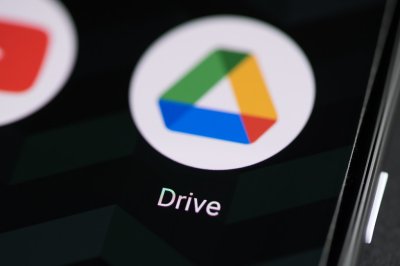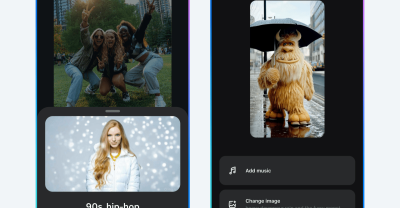OpenCV

OpenCV is the world's biggest computer vision library.
OpenCV is open source, contains over 2500 algorithms, and is operated by the non-profit Open Source Vision Foundation. Since June 2000.
Tool Information
| Primary Task | algorithms |
|---|---|
| Category | technology-and-development |
| Sub Categories | computer-vision api-and-development-tools |
| API Available | Yes |
| Open Source | Yes |
| Pricing | Free |
| Founder(s) | Gary Bradski, Vadim Pisarevsky |
| Launch Year | 2000 |
| Supported Languages | C++, Python, Java, MATLAB, C#, JavaScript |
OpenCV (Open Source Computer Vision Library) is a comprehensive library of programming functions mainly aimed at real-time computer vision. It's a powerhouse for image and video processing, offering a vast array of algorithms for tasks ranging from basic image manipulations like resizing and filtering to advanced techniques such as object detection, facial recognition, and 3D reconstruction. OpenCV's versatility stems from its support for multiple programming languages (C++, Python, Java, etc.) and its efficient implementation, making it suitable for various applications, from embedded systems to high-performance computing environments. Its open-source nature fosters a large and active community, contributing to continuous development and readily available support. Users can leverage pre-trained models or build custom solutions using OpenCV's extensive functionalities. Key features include image and video I/O, image processing operations (filtering, transformations), feature detection and extraction (SIFT, SURF, ORB), object detection (Haar cascades, deep learning-based methods), and machine learning algorithms for training and deploying computer vision models. The library is widely used in robotics, autonomous driving, medical imaging, surveillance systems, and many other fields where image and video analysis are crucial. OpenCV's strength lies in its balance of performance, flexibility, and accessibility, making it a go-to choice for both beginners and seasoned computer vision experts.
| Pros |
|---|
|
| Cons |
|---|
|
Frequently Asked Questions
1. What is OpenCV?
OpenCV, or Open Source Computer Vision Library, is a comprehensive library of programming functions primarily used for real-time computer vision. It's open-source, contains over 2500 algorithms, and is maintained by the Open Source Vision Foundation since June 2000. It's considered the world's largest computer vision library.
2. What types of tasks can OpenCV perform?
OpenCV handles a wide array of image and video processing tasks. These include image processing, video processing, object detection, facial recognition, image segmentation, 3D reconstruction, motion tracking, augmented reality, and machine learning for computer vision.
3. What programming languages does OpenCV support?
OpenCV supports multiple programming languages, including C++, Python, and Java, offering flexibility for developers with varying preferences and project requirements.
4. What are the advantages of using OpenCV?
OpenCV's benefits include being open-source and free, having a large and active community for support, offering extensive documentation and tutorials, providing a wide range of algorithms, boasting cross-platform compatibility, delivering high performance, and supporting multiple programming languages.
5. What are some potential drawbacks of using OpenCV?
While powerful, OpenCV has a steeper learning curve for beginners and can be computationally intensive for complex tasks. It also requires some programming knowledge to effectively utilize its functionalities.
Comments
Related News

In an era where digital threats constantly evolve, ransomware stands as one of the most insidious and damaging forms of cyberat...
@devadigax | Sep 29, 2025

In a move that signals a profound strategic shift and an audacious bet on the future of artificial intelligence, Meta is report...
@devadigax | Sep 26, 2025

YouTube is venturing deeper into the realm of artificial intelligence, announcing a significant new experiment within its YouTu...
@devadigax | Sep 26, 2025

Meta AI has officially launched "Vibes," a novel feed dedicated entirely to short-form, AI-generated videos. Announced on Thurs...
@devadigax | Sep 26, 2025

In a bold and potentially paradigm-shifting move, tech giant Meta has reportedly launched 'Vibes,' a new short-form video feed ...
@devadigax | Sep 25, 2025

Clarifai, a leader in AI infrastructure and platform solutions, has announced the release of its new reasoning engine designed ...
@devadigax | Sep 25, 2025
 AI Tool Buzz
AI Tool Buzz
